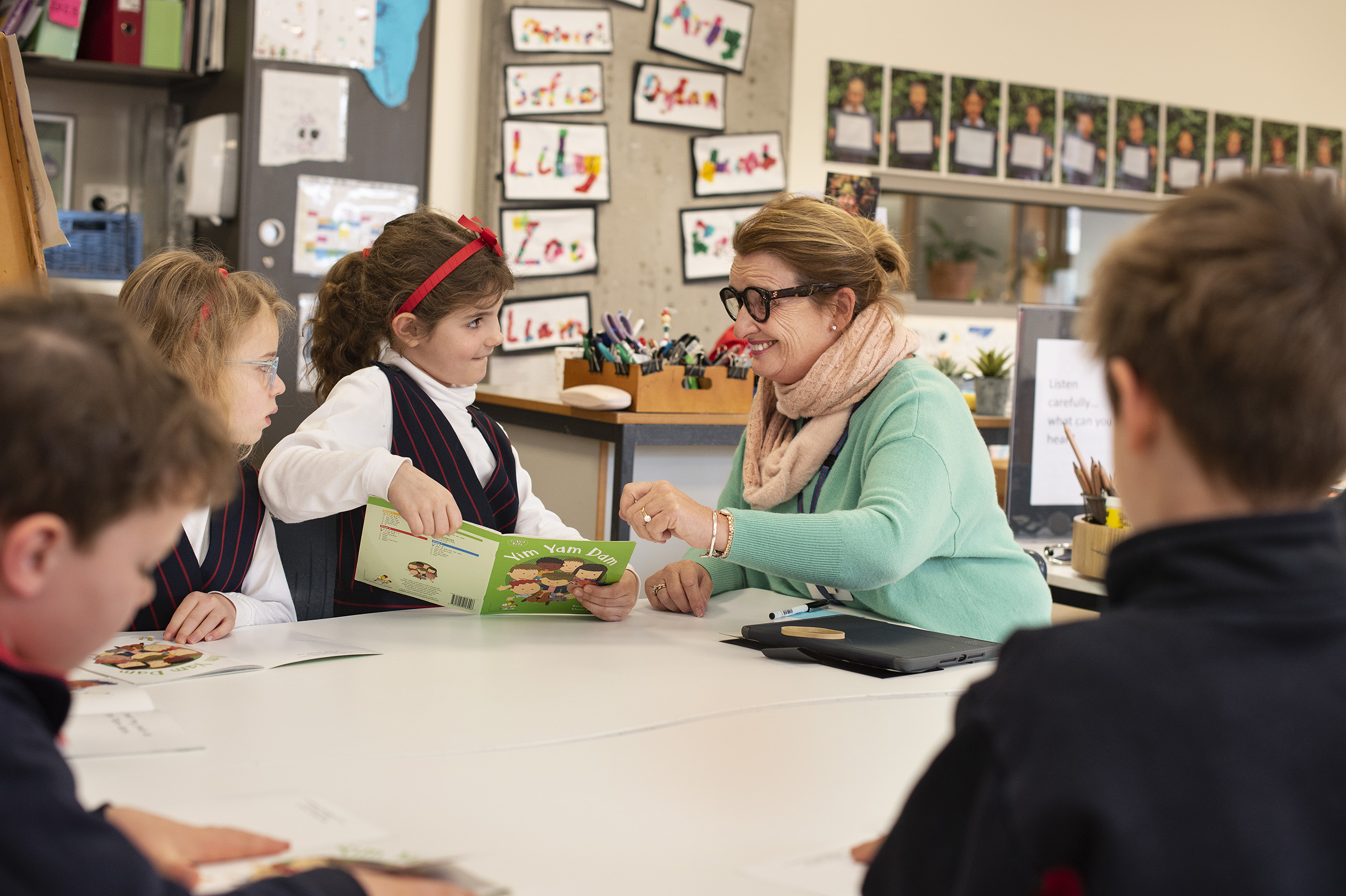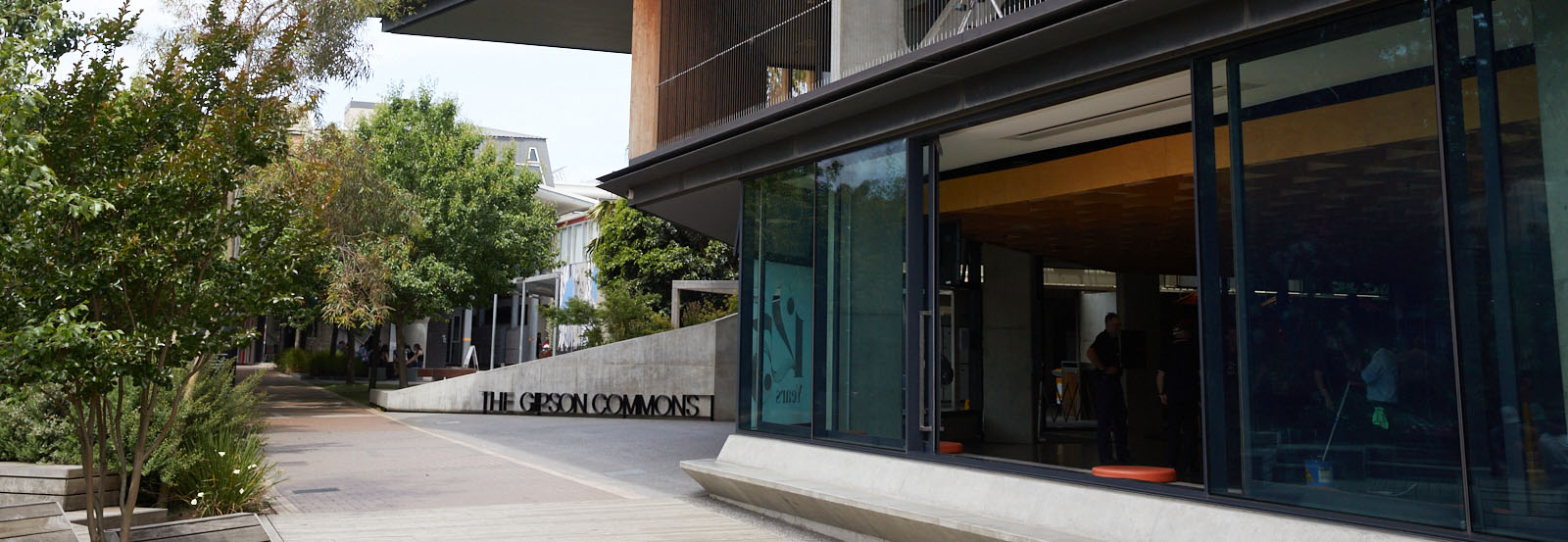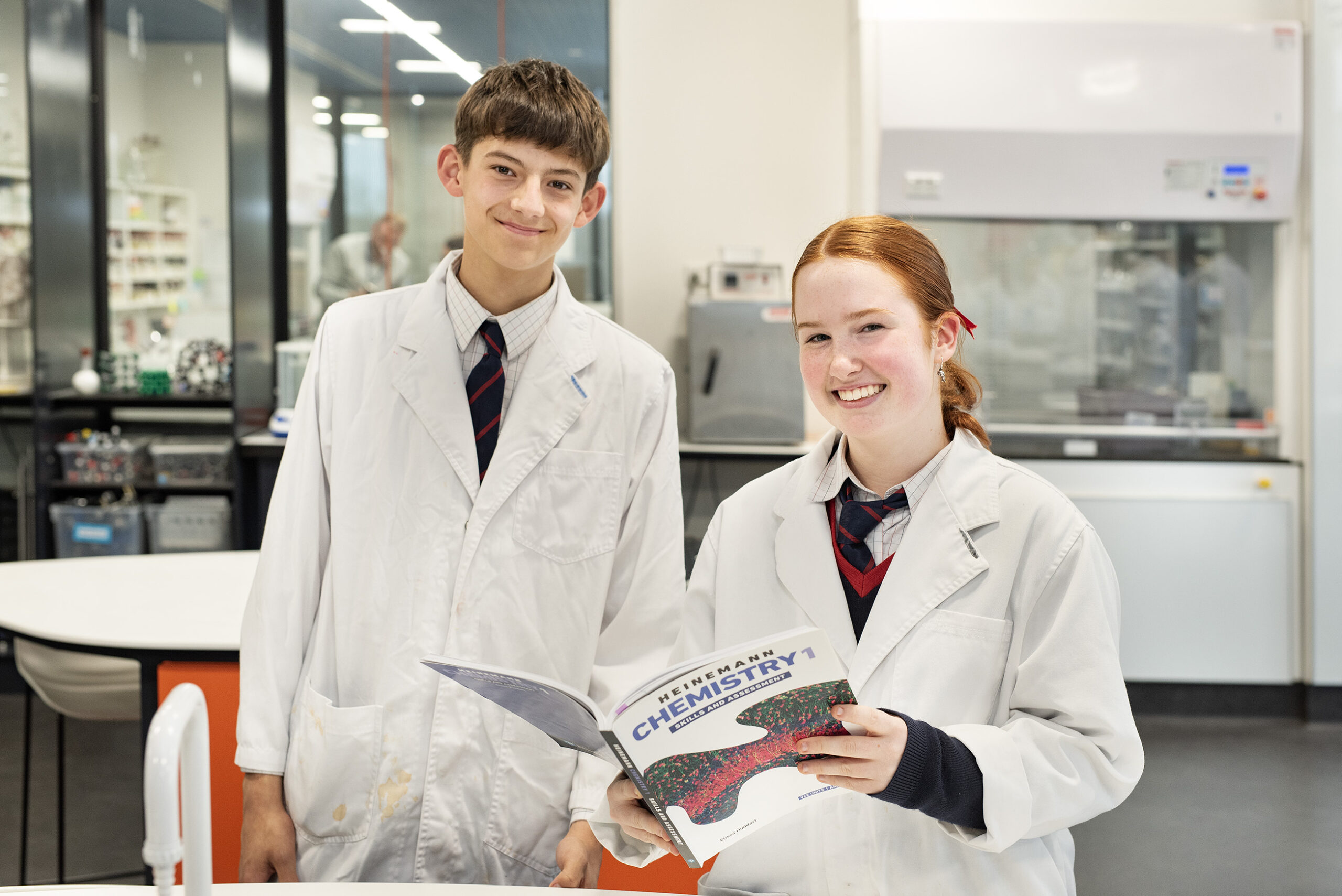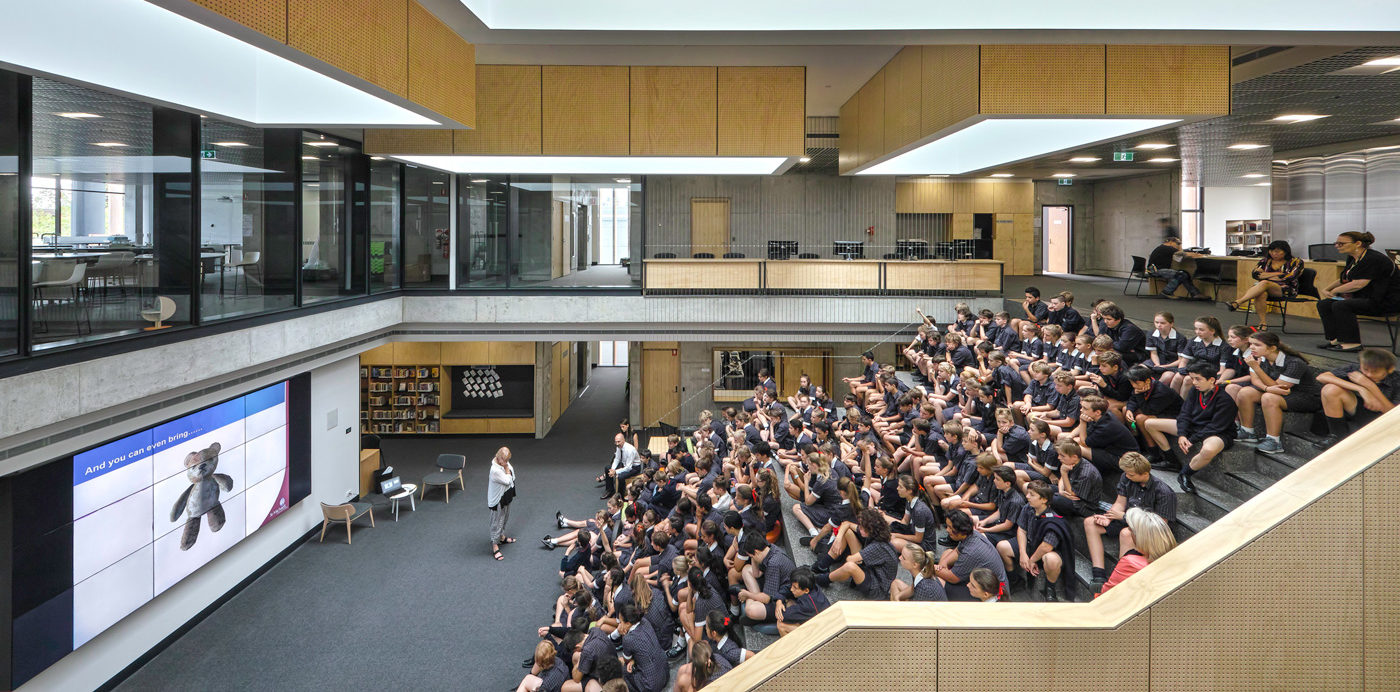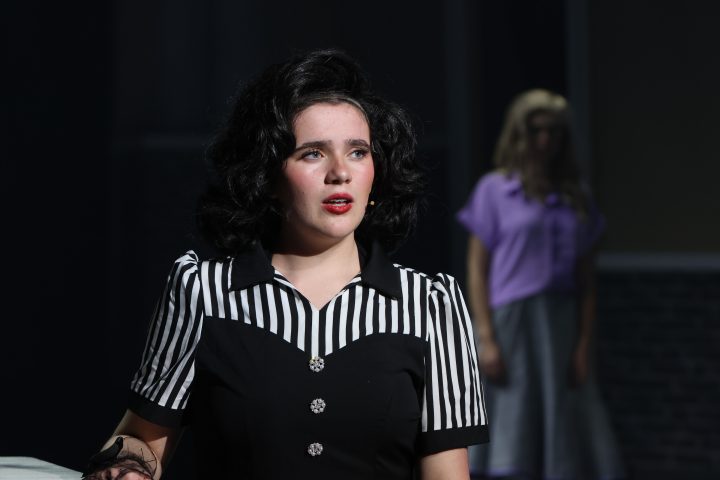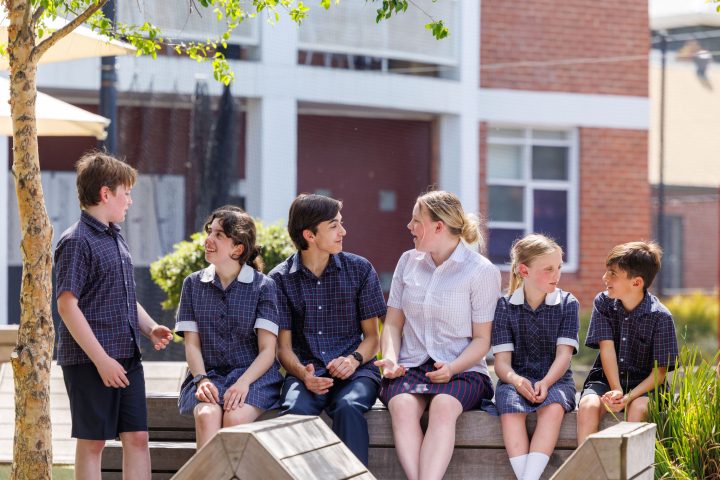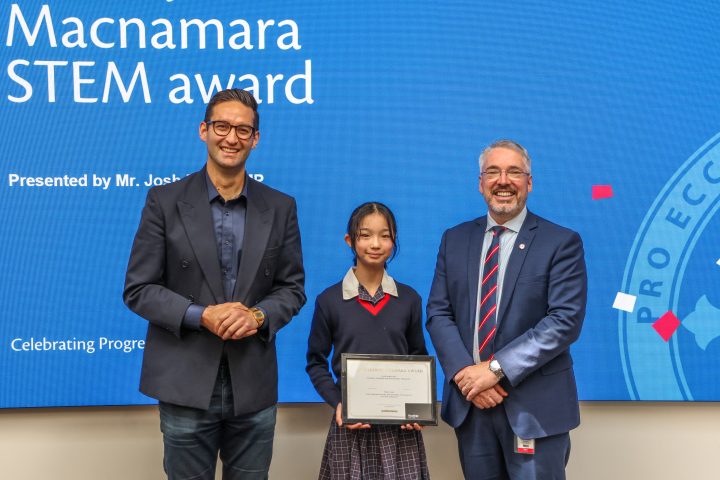A recent article in the Sunday Age shone a light on issues surrounding anxiety in young children, a subject that is gaining attention in the media. The question posed by the journalist was to wonder whether anxiety is increasing in young children or if we are just more aware of it. There is not enough research at this stage on anxiety in younger children, so the question cannot be conclusively answered. But, given that we know it is an issue, it demands our attention.
At St Michael’s, our wellbeing framework guides us. We are fortunate to have a team of committed teachers, supported by psychologists who are able to provide specialised support to our staff, students and families to create the best conditions for our students to flourish.
The World Health Organization advise that half of all mental illnesses begin by the age of 14 and that mental illness is predicted to be the leading health challenge globally by 2030. Around 20% of children and adolescents in the world, regardless of culture, are estimated to have mental health disorders or problems. We also know that with early intervention, we have the greatest chance of making a positive difference.
Fearful and anxious behaviour is common for children; especially as they come across new situations and experiences, such as the transition from one year level to the next or a change in school. Mostly, children learn to cope with different fears and worries as a normal part of life, but for some children, this is more challenging and extra support might be important. Michael Carr-Greg suggests that when the following indicators are present that your child may need extra support; if the child has trouble making or keeping friends; if they have lost interest in something they were passionate about; if they cannot separate from a parent (for example to go to a sleepover or attend camp); if it is interfering with their learning at school.
Should you notice these indicators in your child, we encourage you to firstly speak to your child’s teacher. In Kindergarten to Year 6 at St Michael’s, the teacher is the first point of contact for students and families, and will be able to provide more information about your child’s experiences at school. If concerns remain, we will often then recommend seeking additional advice or support. Our wellbeing framework focuses on nurturing the holistic development of each child. Classroom teachers play a central role as does our Head of Positive Learning, Mr Tim Roberts, and Senior Chaplain, Father Kenyon McKie.
As parents and teachers, we want the best for our students. There are practices that we can establish which will create the conditions in which we can help our young people to manage anxiety.
The following suggestions are from the Harvard University Medical School:
Personalise and externalise: Ask your child to give anxiety a name and visualise it. When anxiety presents, help your child to acknowledge it. Labelling and distancing anxiety can help your child learn to be the ‘boss’ of it.
Preview anxiety-provoking situations: Consider meeting teachers before the start of the new year or touring new places ahead of time. How can you pre-empt and reduce anxiety.
Model confidence: Children register anxiety radiating from adults. Try to be mindful of what you model through words and body language. Work on tempering overanxious reactions when appropriate.
Narrate their world: “Children are coding the world. We can help them with the narrative they’re constructing: ‘Is the world a safe place or a dangerous place where I have to be on guard all the time?’”
Allow distress: Avoiding distressing situations invites anxiety to ease temporarily, only to pop up elsewhere. The whirring emotional centre of the brain known as the limbic system requires time and tools to calm down enough to let the thinking (cognitive) centre of the brain come back online.
Practice exposure: Gradual exposure helps rewire an anxious brain and shows a child he can survive anxious moments. Start with small steps and build towards the end goal.
Mrs Nicole Ginnane
Associate Head (K-6)
